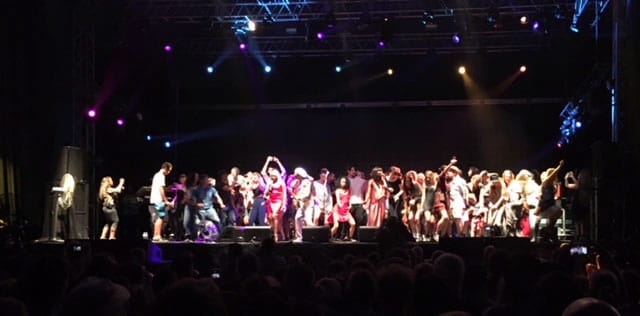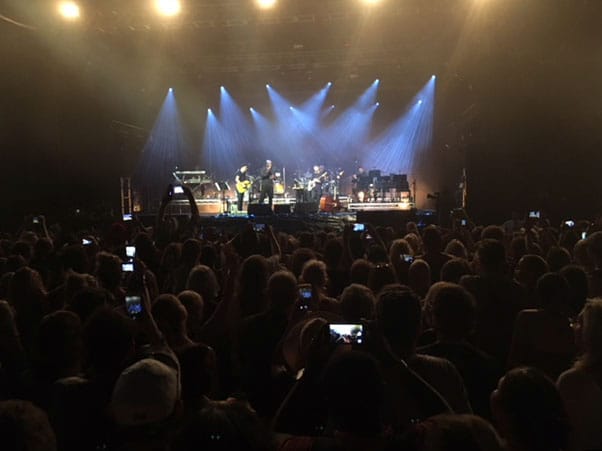
NZ on Stage is a proposal to re-allocate a big chunk of NZ On Air music funding into the development of live music venues all up and down the country – lots of them, with good lighting and sound, and in-house techs on salaries – a community music scene with live music every night of the week.
The music business has changed so much in the last few years but unfortunately the stuck-in-the-80’s NZ On Air music mandate has stayed the same. They say it’s still all about getting more local music on radio and they continue to throw funding at CD and music video production but those mediums don’t count for much anymore. CD sales have dwindled and there’s no money in video clips that only get niche viewing on crowded platforms swamped with content.
Instead of funding CDs and video we should be focusing on the one really exciting growth area of the music business – live performance. It takes a lot of practise to create a great live show. Ask any touring musician where the real business is and they will point to the stage and they’ll be putting all their creative energy into their live show – and that’s where our funding resources should be focused. Helping Kiwi acts develop the skills to deliver on the big festival stages.
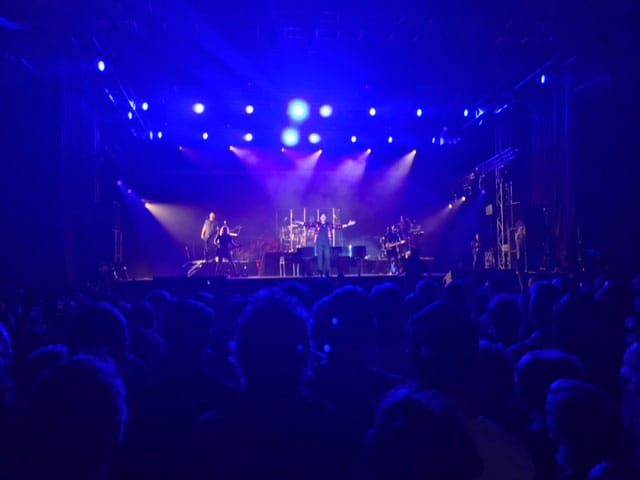
Cutting it live-on-stage and having the performance skills to deliver the goods is now more important than ever, and it applies to all styles of music-performance.
NZ on Air money simply passes through the musicians to the recording studios and the video companies who’ve done very nicely for years with this arrangement but it’s so frustrating because the musicians themselves get very little from it – maybe sell a few CDs at their gigs and have an expensive video out there . . somewhere.
This proposal suggests we shift about a third of the current music funding of $3.7 million to establishing some new live music venues: the aim is to help bands and performers develop the stage skills they desperately need.
The Detail, in brief.
A proposal is for a string of venues that are open every night of the week, for example, Monday night is for folk and acoustic. Tuesday for roots and reggae, Wednesday for underage bands, Thursday for the heavy rockers, Friday’s for regular pop, rock and punk bands, and Saturday could have the touring bands, Sunday could be for anything that presents itself; choirs, blues jams, hip hop, experimental or Girls Rock Camp reunions. All these diverse music communities already exist and all have a keen following and they desperately need places to play – especially for the under age audiences.
NZ on Stage venues would be busy places that could be open much of the day for recording sessions and band rehearsals and then on into the evening with the live gigs – a great scene for sure. The sound system would be fantastic with full monitoring, the back wall would be a big LED screen and the lighting rig suitable for any genre or mood, from the folk club to the party bands. NZ on Stage venues would become an exciting place for music makers, music creators and supporters.
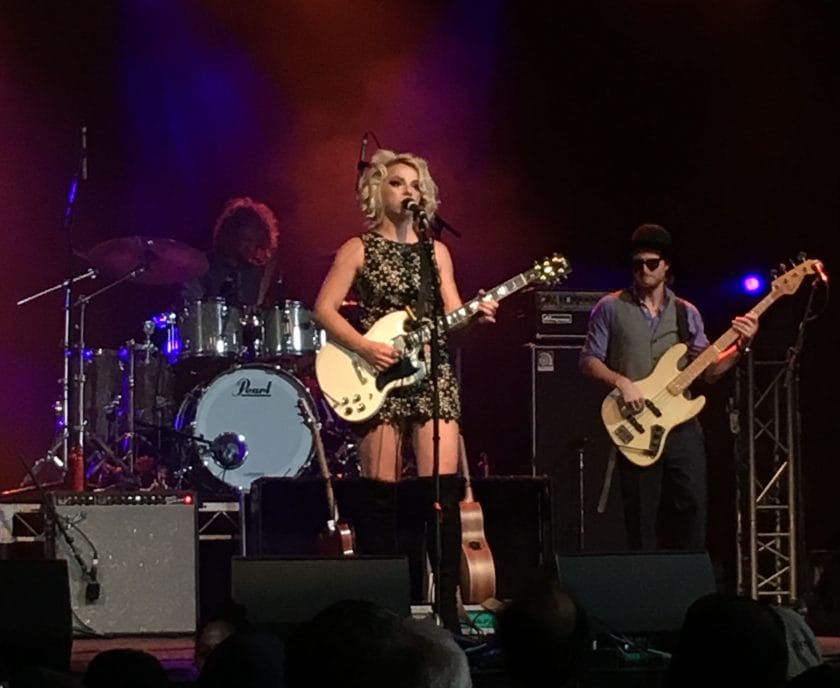
In terms of staff, each NZ on Stage venue would need to employ three full-time people and a few part-timers. The three full-time salaried positions would be a front-of-house manager, a technician, and a marketing person. Fun jobs that many in the hospitality industry, music schools and media arts colleges would be flocking to fill. Part-timers would be security, cleaning, maintenance and additional technical support.
How much?
In an attempt to define the costs I estimate, aside from the purchase price or lease of premises, it would require about $500,000 in the first year for the fit-out for each venue, and for the second year and on-going years, it would cost about $250,000 in salaries and operating costs per venue. This is not much when considering the funds currently being wasted on dead-end media. In the last financial year, NZ On Air paid out $3.7 million on music funding: CD and video production, and trying to get ‘hits on the radio’ which is clearly a pointless exercise in 2021. Instead, a re-allocation of a third of that resource, about $1.6 million in the first year and $750,000 every year after that for three great NZ on Stage venues. In the long-term, I would suggest half the NZ on Air music funding should be directed into these purpose-built live music venues.
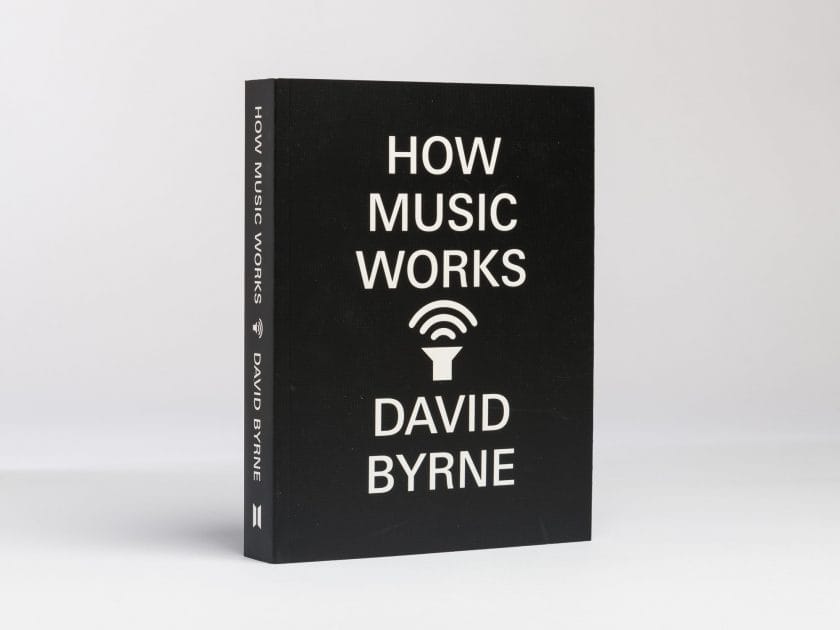
In David Byrne’s book How Music Works, he writes about the importance of a ‘scene’; a place where people gravitate to and want to hang out knowing there will be like-minded people, new bands and a creative energy. It’s exciting to be part of a scene, a scene creates gossip and new connections and soon has a life of its own. Byrne was, of course, referring to the small basement in New York known as CBGB, but the same could be said of The Cavern in Liverpool or the Kings Arms in Auckland.
Pubs are the past.
The Spinoff recently had an opinion piece, ‘No city for live music: Auckland’s gig problem and how to fix it’, by guest writer Anthony Metcalf who focused on the lack of live music venues in this UNESCO City of Music. The article offered a range of solutions including Council policies and more late-night buses but its only value would be to prop up the jaded brewery-dominated pub music scene. Besides, they prefer DJs and bands that sell alcohol – otherwise, it’s just not economic. Meanwhile, there’s a whole demographic of people who enjoy live music and no longer relate to the way pubs do it. The problem is a lack of interesting, well-designed live venues of the right size with great technical specs and good facilities for the performers.
A recent Guardian Online feature quoted Dave Brooks, who covers the concert industry for Billboard, said, ‘For most artists, touring is the biggest revenue generator’, and ‘the touring industry is generally estimated to generate between US$50-$60bn worldwide, aided by expanding markets in Eastern Europe and Asia.’
Why is NZ on Air still pouring so much money into video clips and ‘singles’? MTV is no longer a thing and while there’s YouTube, this platforms is so massive and diverse the odds of your uploaded music video making an impact are very low unless there’s some serious marketing muscle behind your content. Meanwhile, for many musicians nothing is coming back and their box of CDs is collecting dust under the bed and the HTML link to their expensive NZ on Air funded YouTube video might get a few random clicks – but it’s all going nowhere, so let’s get back into live music. And besides, anyone can make a video clip on their phone these days and edit it up on your laptop.
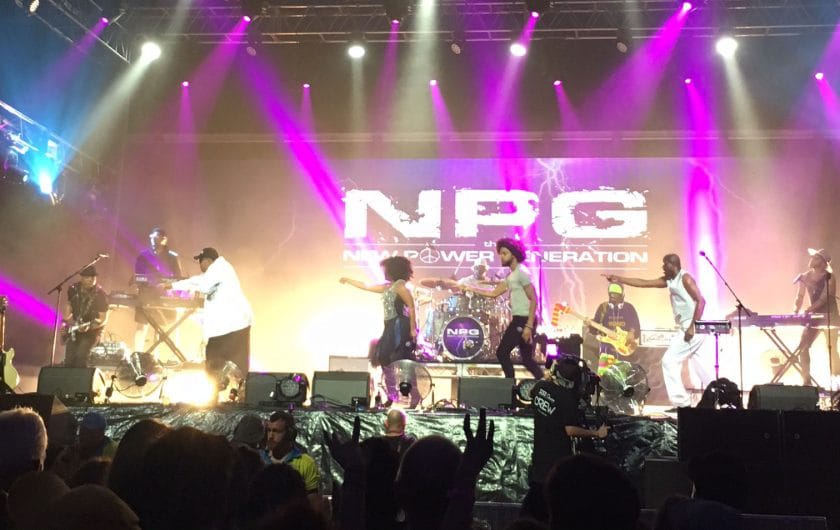
The number of music festivals around the world is increasing in all genres of music but many Kiwi bands just seem to lack the stage experience to deliver on the big festival stage. Just to play your songs is not enough – you need the deliver a show. Professional performers sometimes get help from choreographers and creative directors while others just make it all up on their own. To gain the skills and confidence to ignite an audience takes practice – gigging and more gigging. The NZ on Stage venues would nourish a whole new generation of stage-savvy performers with the kind bands that people would want to see.
A circuit of fully-supported live venues would enable artists to transform their live skills and get those hours up. The result would be the creation of a vibrant local scene in our cities and a rejuvenation of our bands and soloists. Kiwi bands could be working all year on the international festival circuit. Currently, there are only a few Kiwi bands successfully working this circuit but there could be so many more. These bands probably don’t bother anymore trying to get hits on the radio. NZ on Air has been banging their head against that wall for years but tradie-radio stations only really want to play classic rock hits and perhaps throw in some old Kiwi classics to fill the voluntary quota – which sadly, still only comes to 18% after all these years. The NZ on Air model is outdated and has become irrelevant for touring bands because, for them, it’s now all about the ticket sales and the merchandise.
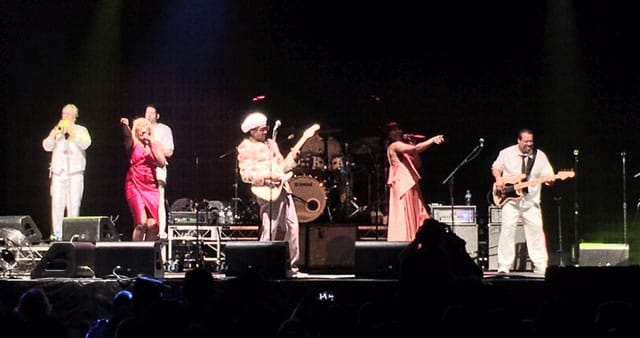
The greatest challenge for this proposal is finding the right venues. I suggest initially three NZ on Stage venues in Auckland before the model is duplicated in other regions. Commercial premises are too expensive in the CBD so the best locations would be in the inner suburbs on the North Shore, East Auckland, and West Auckland.
The venues would need to be bought outright wherever possible to avoid the vagaries of the commercial real estate market. For example, they could be tired community halls, old churches, warehouse spaces, or even retail buildings. Soundproofing would be required along with a major re-fit including the building of a stage, office space, green rooms and of course a great sound and lighting system.
Liquor licensing is not a requirement, in fact, best avoided in my opinion. Selling alcohol brings with it a whole set of regulations and complications. One-off licenses could be applied for, for private functions and special events, but these venues would primarily be unlicensed. Do people today expect a bar to be operating at every entertainment event they attend? Is serious drinking still such a big thing? Researchers have identified sharp declines in drinking by young people in Europe, North America and Australia. In New Zealand, licenced bars have become a normalised partner of arts-community but would the public miss it? Sometimes the dog starts wagging the tail as the alcohol suppliers start calling the tune with their sponsorship. Are they more inclined to support events with good turnover at the bar? We all know why the band we came to see at 8pm eventually came on stage at 11pm, it was, of course, all about selling more drinks. Instead, we need to create safe places to enjoy live music and we need to encourage underage audiences. NZ on Stage venues would avoid all the problems that come with alcohol, it’s worth a try – it can be all about the music for a change.
A re-allocation of funding will allow musicians to up-skill while at the same time providing a hands-on environment for the support people who love working on the technical and promotional side of live music production – it’s such an exciting place to be. By creating several fully-funded, fully-managed venues throughout the country we would bring together musicians and cultivate new audiences. Let’s get out there and play.
It’s time to open a conversation about this brave new approach to funding New Zealand music to give it the boost it needs. It’s a whole new perspective for funding but the effect will bring back the fun and energy of bands touring up and down the country and create a vibrant local music scene in towns and cities, while at the same time, creating some cool new jobs for young Kiwis who would love to work in the entertainment industry. The difference this time is that’s it’s the musicians and the music lovers who will benefit rather than the breweries, the wine merchants, the recording studios and the video production companies who’ve had their golden run as the real beneficiaries of music funding.
After attending festivals all around the world I reluctantly admit that when Kiwi bands come on stage they often disappoint me – always a bit dull compared to overseas acts who really know how to work an audience. There are a few exceptions, bands who are on tour much of the year and know how to work a big stage and how to put on a show. But generally, it’s an area where New Zealand music is falling behind.
By creating fully-funded purpose-built venues in every major city in New Zealand we would invigorate the music scene for all kinds of music and create a place where punters will want to go. The music scene will be ignited again with energy and creativity.
